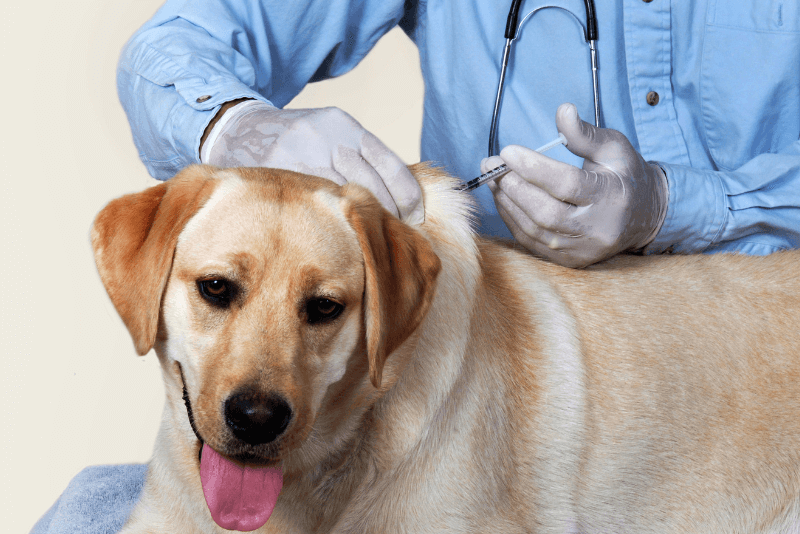Pet Vaccines
For more details about our pet immunization services, see the information below!
Pet Vaccines in North Hollywood, CA 91601
The use of vaccines is essential to preventative medicine. A number of infectious diseases, including rabies, hepatitis, parvovirus, bordetella, and Lyme disease, to mention a few, are prevented in pets through vaccination. In theory, all dogs and cats should begin getting pet immunizations when they are pups or kittens and continue getting them until they are senior citizens.
Pet Vaccines
At Berkley Pet Hospital, many diseases that could damage dogs and cats can be prevented with routine pet vaccinations. Getting your pet on the right schedule early is one of the keys to a long and healthy life. Immune system preparation is aided by specific proteins present in vaccines, which assist the body in fighting off specific illnesses. They work in one of two ways: either they entirely stop the infection from happening, or they lower the severity of these diseases when they do.
Veterinary Services
Below are all of the veterinary services we offer at Berkley Pet Hospital. If you have any questions regarding our services, please feel free to call us.

